-
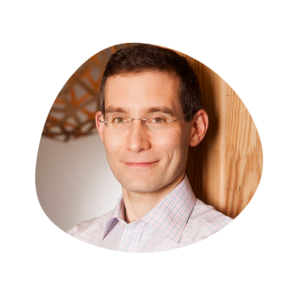
Matt Sigelman
Matt Sigelman is president of The Burning Glass Institute. The Burning Glass Institute advances data-driven research into the future of work and learning.
In addition, he is a visiting scholar at the Harvard Kennedy School, a member of the Council on Foreign Relations, and has served as the CEO of Lightcast, a global leader in the talent market. Matt has a bachelor’s degree in international relations from Princeton University and a master’s degree in business administration from Harvard University.
-
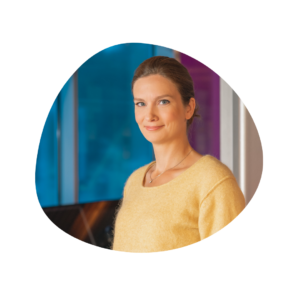
Ede Schank Tamkivi
Ede is a Product Manager at NoVa, a study bites platform for youngsters, and a cofounder of kood/Jõhvi, a new programming school. She has been running several education projects aimed at empowering the next generation of entrepreneurs. Ede started her career as a journalist in press, radio and TV, has conducted academic research in the field in diaspora studies and has published a few books.
-
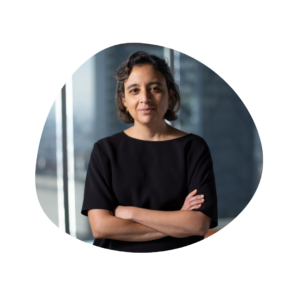
Eliana Carranza
Eliana Carranza is the Global Lead for Labor and Skills at the World Bank’s Social Protection Unit, working on policy dialogue, analytic programs, investment project design, and pilot approaches to improve job quality and access. Since joining the World Bank in 2011, she has contributed to initiatives in South Asia, Africa, and Latin America on poverty, social protection, skills, labor markets, and gender. Her work is published in leading economic journals, and she is a Research Fellow at IZA, Bonn. From 2019 to 2022, she was an Adjunct Lecturer at Harvard Kennedy School. She holds an MPA and a PhD from Harvard University.
-
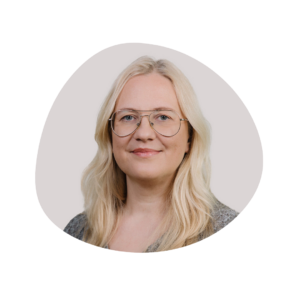
Ave Ungro
Ave Ungro has conducted several skills-related studies and she is also one of the founders of the skills system. Ave’s mission has been to contribute to more informed study and work choices in Estonia using the skills system. Ave’s goal has been to bring into focus in education the skills that are the foundation of every field of work, such as critical thinking, adaptation, communication and self-management. Ave obtained his doctorate in cultural studies at the University of Helsinki.
-
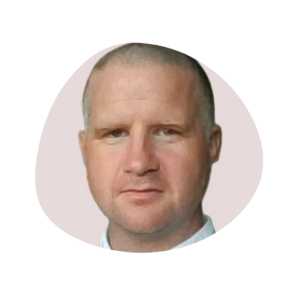
Petter Nygård
Petter Nygård is an Occupational Analyst at the Swedish Public Employment Service (PES), where he has been specializing in labor market taxonomy since 2019. With a background in linguistics and computational linguistics, Petter plays an active role in various working groups within the PES Network. Since 2020, he has served as the Chair of the PES Network Working Group on Taxonomies, a role he undertook with the initiative from Sweden. He has a special interest in the development of green taxonomies, contributing to the evolving landscape of sustainable employment.
-
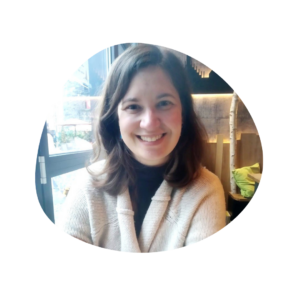
Clarissa Vieira
With a background in information management and philosophy, Clarissa has 10 years experience working in domain ontologies and taxonomies in the domains of regulatory law, e-commerce, high fashion, engineering, aviation, and the labour market. Clarissa is currently developing the strategy for ESCO and is working on implementing a realist approach for representing the labour market in such a way that it responds to its wide variety of use cases and remains relevant for the long term. Outside work Clarissa likes dogs, interesting stories, nature, and anything to do with folklore.
-
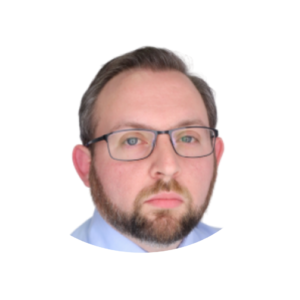
Mike Sanders
Micah Sanders is a Senior Research Associate at the George Washington Institute of Public Policy (GWIPP) Program on Skills, Credentials and Workforce Policy (PSCWP) and the project lead for Leveraging Artificial Intelligence for Skills Extraction and Research (LAiSER). Prior to joining GW, he was a research project manager for Educational Testing Service’s Policy Evaluation and Research Center and an Education Research Analyst for the State of Washington’s Education Research and Data Center. He has served as an expert in higher education policy and data analytics for topics ranging from skills to education finance and financial aid. He holds a masters in economics and an education specialist degree in education policy and leadership studies from Florida State University and is a PhD student in Public Policy at George Washington University.
-

Tanel Mällo
Tanel Mällo is currently researching how we as individuals perceive and conceptualise our personal data, privacy and various other aspects of the digital domain. He has a doctoral degree in psychology and extensive background with digital rights and skills projects.
-
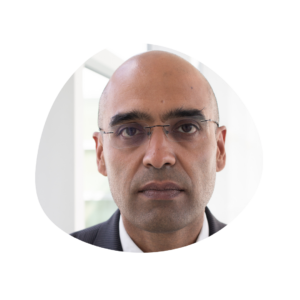
Sundeep Bhandari
Sundeep (Sunny) works at the National Physical Laboratory (NPL) the UK’s National Measurement Institute, responsible for measurement strategy and delivery in the UK and a key component of the UK’s National Quality Infrastructure. Sunny’s work focuses on shaping the evolution of physical metrology and measurement into the new digital world, embedding measurement and traceability into processes using digital and data sciences to deliver confidence in the intelligent and effective use of data. Sunny sits on multiple cross-government and departmental steering boards and coordination groups that cover digital technologies and digital technology standards as well as being a member of several external steering and advisory boards. He has led NPL’s involvement in the partnership tasked with establishing and delivering the UK Governments AI Standards Hub.
-
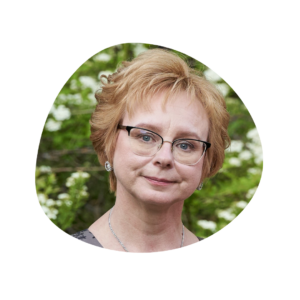
Veronika Kalmus
Veronika Kalmus is a sociologist and media scholar. She is interested in how individuals develop and become who they are in a changing society—how people learn, adapt, and shape their environment. Her research focuses on mediatization, datafication, platformization, and AI. She primarily studies different generations, including children and youth, and their media usage, digital skills, values, and mindsets
-
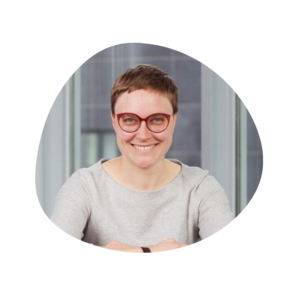
Johanna Rämö
Johanna Rämö is a mathematics lecturer at the University of Eastern Finland. She develops and researches innovative teaching methods to break educational hierarchies. Her work includes the student-centered “extreme practice” method and the DISA digital self-assessment model, both of which have helped to improve the quality of student learning.
-
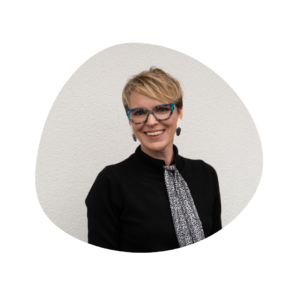
Marin Johnson
Marin Johnson is the Dean of Education at Chevron College, Ireland, and a former adult education lecturer at Tallinn University. She is a fervent advocate for leadership and technological innovation in education, with a specialised focus on the recognition of prior learning. Her dedication to advancing educational accessibility and lifelong learning is evident in her work and influence in the field.
-
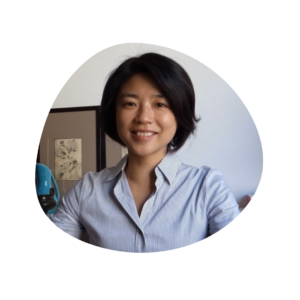
Miyako Ikeda
Miyako leads and manages the analytical aspects of the Programme for International Student Assessment (PISA) at the OECD in Paris, where she has worked since 2004. She received her Batchelors and Masters degrees from the University of Tokyo and her doctorate from Teachers College, Columbia University. Before joining the OECD, Miyako worked for the World Bank and UNESCO.
-
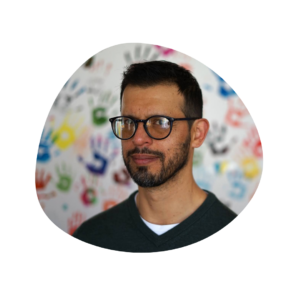
Charlie Moreno Romero
Charlie Moreno Romero is a Colombian-born anthropologist and pedagogue based in Tallinn, Estonia. His PhD research studied democratic education from the perspective of educational efforts for social justice and inclusion at Universidad Autonoma de Madrid. During the last 22 years, he has worked in public, private and international schools and universities in Colombia, Estonia and Spain. In 2019, Charlie funded Estonia’s first democratic school (Suvemäe) within a public school (Tallinn Art Gymnasium), and worked there as the head of studies and subject teacher until June 2024. Additionally, he worked for Tallinn University of Technology’s Ragnar Nurkse Institute of Governance and Innovation researching the implementation of educational commons in order to promote inclusion and reverse exclusion.
-
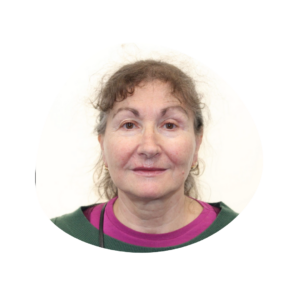
Maddalena Taras
I am currently an independent researcher who has worked on all things assessment for over 30 years at HE level. My primary interest has been to explore and refine student-centred assessment, particularly self-assessment, as increasingly, the link between assessment and learning has been made through theories and research. My theoretical work has served to rationalise and provide coherence to our understandings of assessment and learning. This work is relevant and transferable to all educational levels and contexts.